
Bandy Kiki/
Cameroon
“This is not me, I thought, So I made up my mind to come clean. First I came out to my family. Their reaction wasn’t good neither was it as bad as I had imagined.”
READ THE STORY
“This is not me, I thought, So I made up my mind to come clean. First I came out to my family. Their reaction wasn’t good neither was it as bad as I had imagined.”
READ THE STORY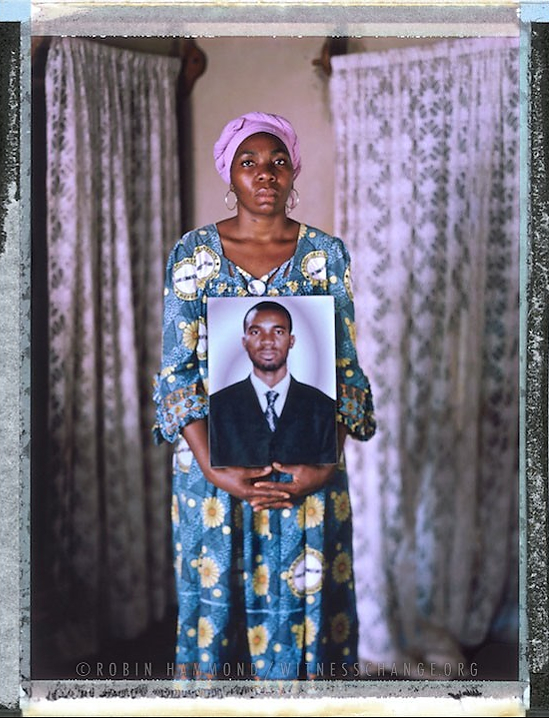
“The death of Eric (little brother) is a death in our family, it also killed our mother because since the tragedy, the poor woman developed hypotension. We are left to ourselves (brothers, sisters, nephews, nieces). Imagine a pillar of the family goes without farewell or a trace, words cannot express the pain that I carry in my heart, how can we console our mother? What can we say to the children?”
READ THE STORY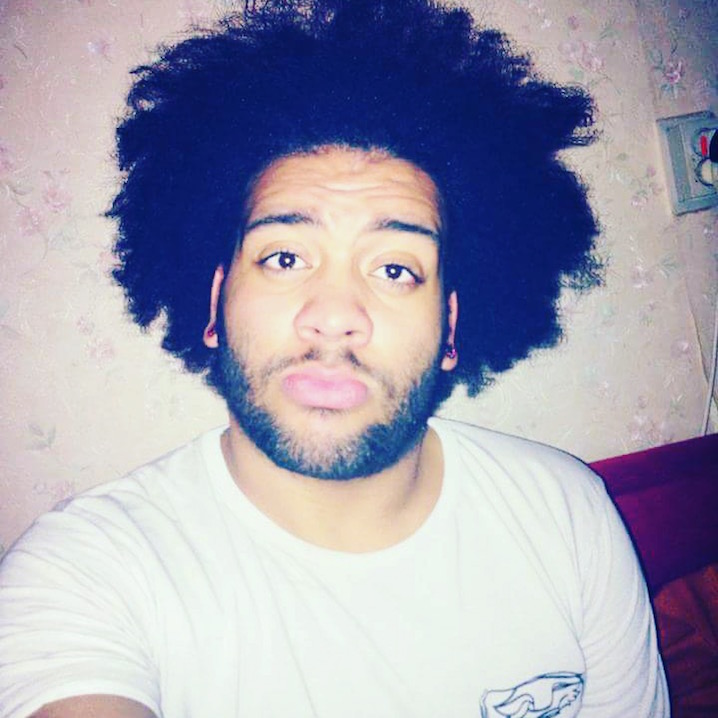
“Cameroonian mother and a Congolese stepfather my parents divorced when I was three and grew up with my catholic mother african Culture and catholism together is the worSt comBination when that you grow up you know you like men also. Years have passed while growing up I was beaten because i had certain tendencies that a boy was not meant to have”
READ THE STORY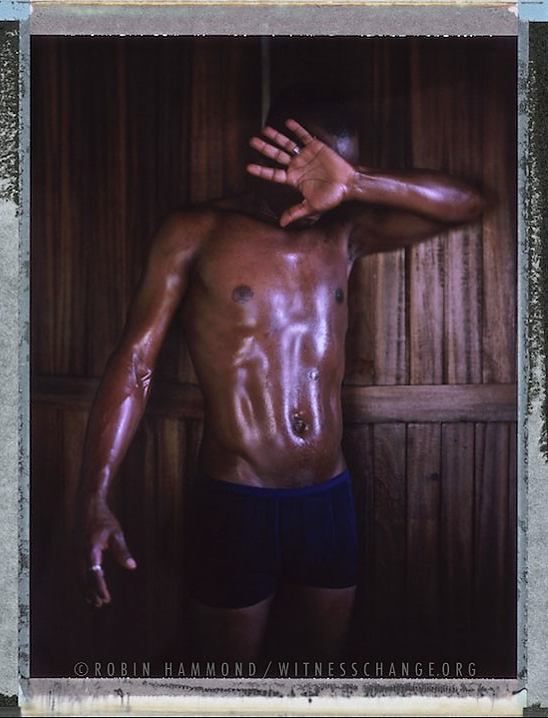
“they judged it was time to take the next step which was to burn me alive in big trucks wheels that were in this intersection, no sooner said than done, that’s when I found myself in these wheels naked, they removed the fuel from a motorcycle and poured it on me.”
READ THE STORY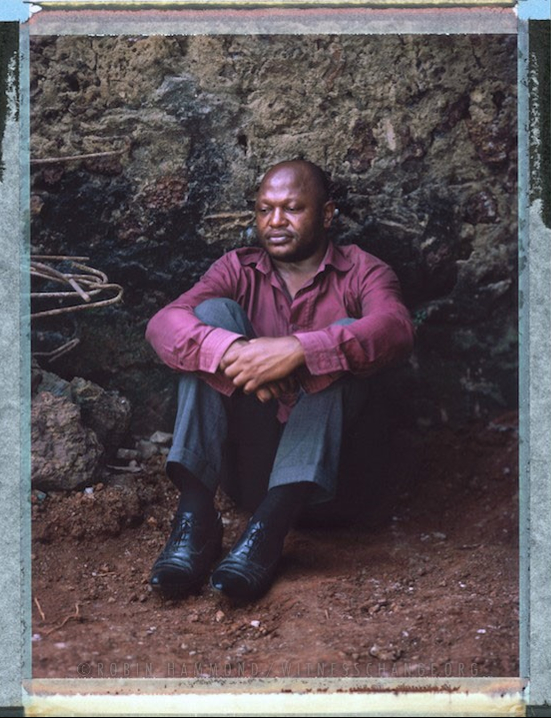
“My arrest and my incarceration was a real nightmare for me and for my life. Since that day, humiliation, shame, contempt, insults and other evils are part of my daily life. Even after my release, my situation has turned into torment in my family, the neighborhood, at work. I do not participate in any family events (death, marriage, meetings…) nor in the neighborhood.”
READ THE STORY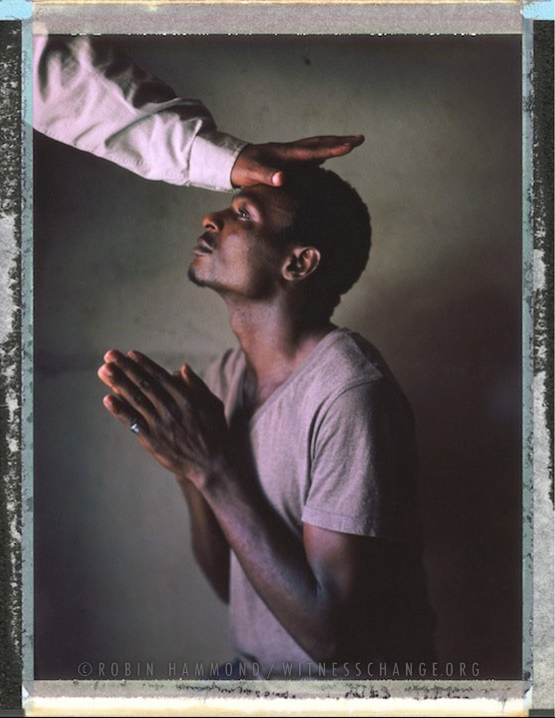
“God made no gay but if a man accepts himself as gay he is a devil” the priest told Brice before he prayed over him to “cure” him of his “disease.”
READ THE STORY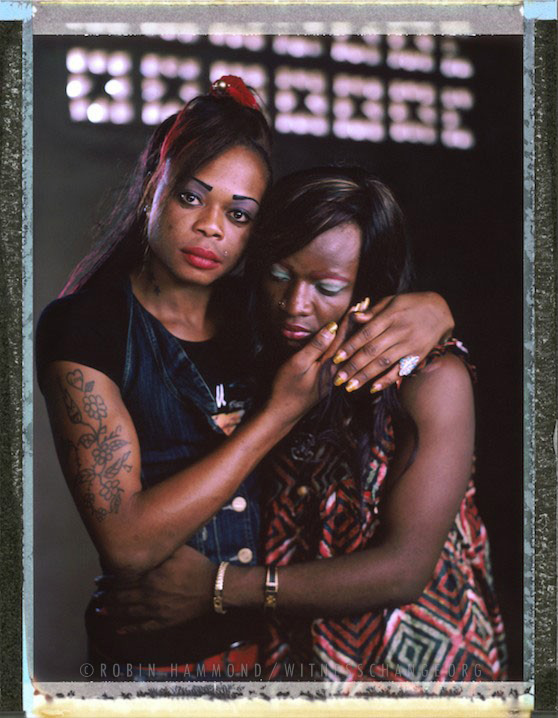
“The day they arrested us, we felt humiliated.”
READ THE STORY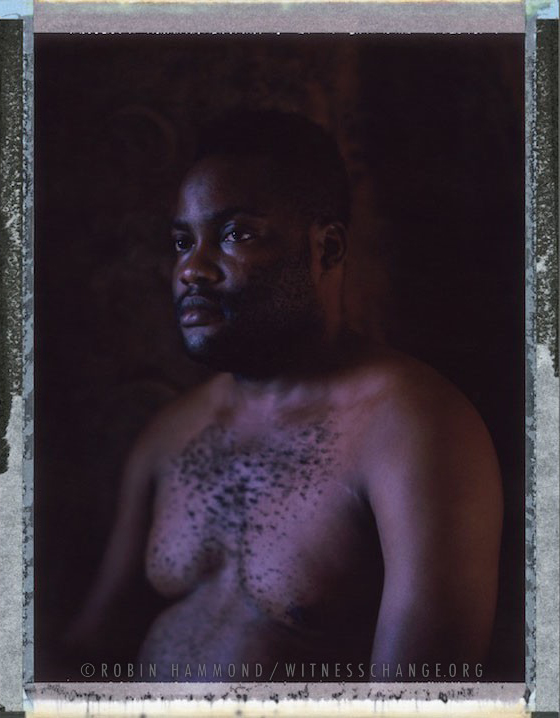
“If shame killed, I would have died at that moment.”
READ THE STORY